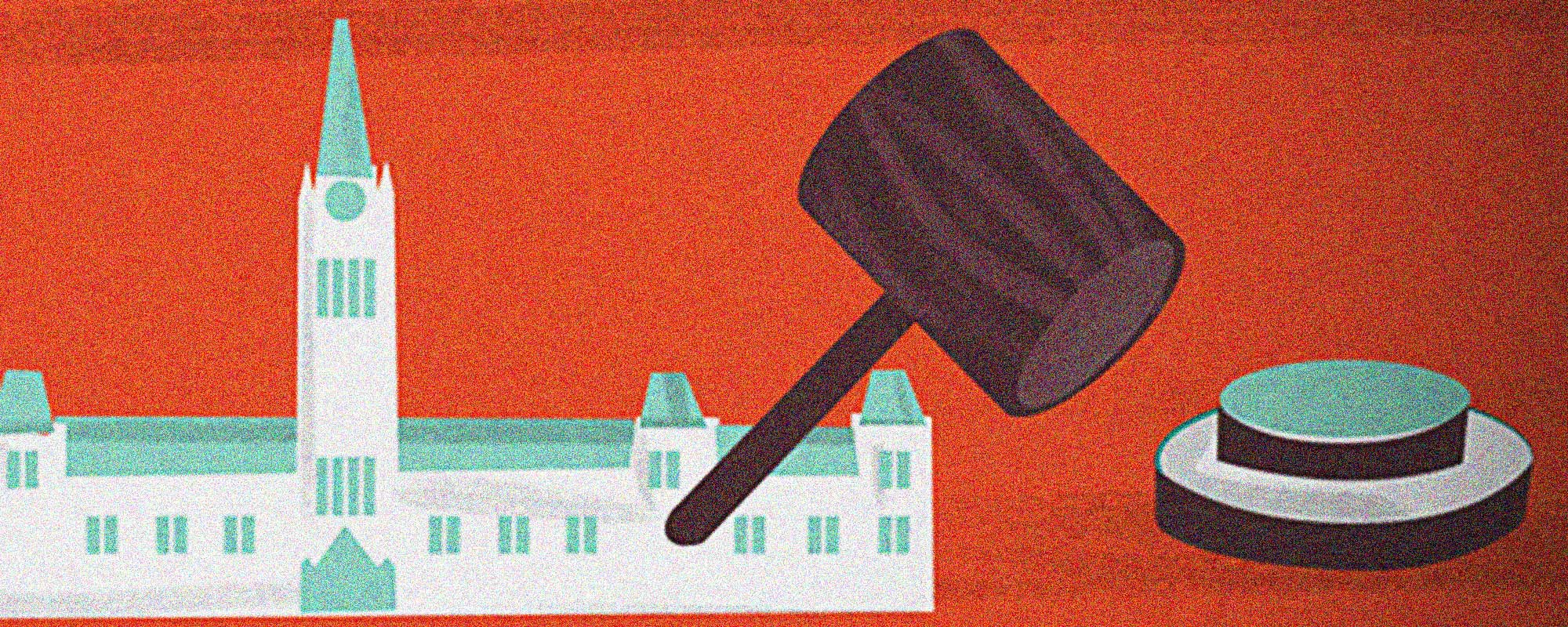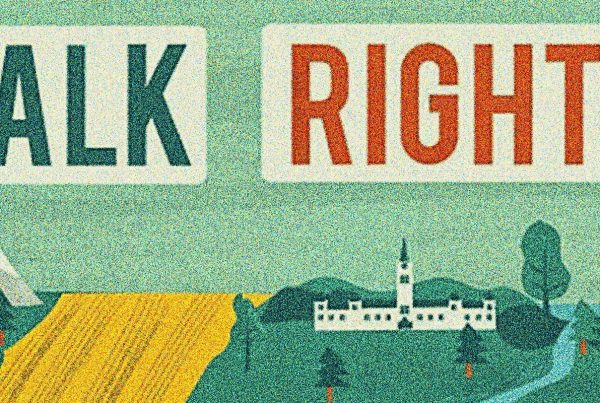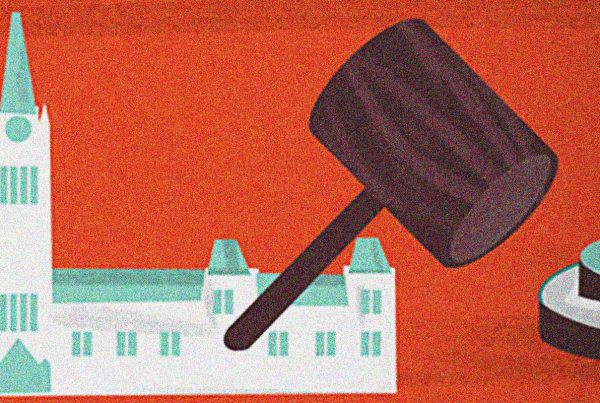Because the Learn section of TalkRights features content produced by CCLA volunteers and interviews with experts in their own words, opinions expressed here do not necessarily represent the CCLA’s own policies or positions. For official publications, key reports, position papers, legal documentation, and up-to-date news about the CCLA’s work check out the In Focus section of our website.
The government of Ontario is currently considering Bill 87: An Act to Implement Health Measures and Measures Relating to Seniors by Enacting, Amending or Repealing Various Statutes, which sounds like a series of pedantic bureaucratic changes irrelevant outside of the medical community. But behind that boring veneer is a threat to privacy worth taking seriously. Bill 87 grants the government vast new powers to collect new private medical and psychological information about doctors, to be used for unclear reasons. This sets a dangerous precedent for all regulated professions, from accountants to social workers. This piece will explain how two provisions of Bill 87 (ss.2 and 4 of Schedule 4) could infringe doctors’ privacy and provide examples of how each of those powers could be used.
First, s.2 allows the Minister of Health to require Colleges (the bodies which regulate the medical profession) to disclose doctors’ personal health information if the Minister deems it necessary to determine “whether the College is fulfilling its duties” or “whether the Minister should exercise any power” under three provincial statutes.
What information can the Minister get? According to Bill 87, “personal health information” includes personal physical and mental health, family medical history, and whether one has registered to be an organ donor. In theory, the Minister cannot request more information “than is necessary for the purposes” listed in one of the three provincial statutes, but as shown below, those purposes are mostly open-ended, allowing the Minister wide discretion as to what information is necessary.
For what purposes can this information be used? The three provincial statutes at play are the Regulated Health Professions Act (RHPA), Drug and Pharmacies Regulation Act, and the Drug Interchangeability and Dispensing Fee Act. Only the RHPA explicitly lists the Minister’s powers, which include providing information to the Fairness Commissioner to audit entrance qualifications, establishing rules of conduct, and setting qualification and selection criteria for College committees such as the Discipline Committee or the Fitness to Practice Committee. Put simply, the Minister can control entry to the medical profession, rules of conduct once one is in the profession, and disciplinary committees designed to enforce those rules.
So, suppose that the Fairness Commissioner was reviewing entrance criteria for the medical profession. Could the Minister require medical Colleges to produce information about which doctors experienced mental health issues in the most recent period to determine whether a minimum mental health bar to entry is needed? Or consider the case of a Minister trying to set qualifications for new members of the Discipline Committee or Fitness to Practice Committee of a medical College. If certain medical or psychiatric conditions are regularly used as defences in front of those committees, could the Minister require Colleges to divulge whether applicants’ family members have suffered from those conditions as a proxy for expected bias?
Second, s.4 allows the Minister to gather personal information for “health human resources planning and research”, replacing previous language which only included planning. Research is defined as “the study of data and information in respect of health human resources planning” – another open-ended provision.
What information can the Minister get? Personal information is defined far more broadly than personal health information, and includes, in addition to medical information, race, ethnicity, age, sex, sexual orientation, marital status, financial transactions, address, “personal opinions”, and confidential communications.
Thankfully, this information is anonymized, so the Minister cannot immediately determine which doctor is represented by the data point of a gay man who just got a divorce and is finding it hard to keep up with College membership dues. But for some minorities this may be enough for identification. For instance, planning for human resources is often done at a local level, and in any given locality, there are often very few black or Aboriginal doctors, whose information could be easy to identify. Research on, say, the integration of different races into the medical profession could make a named example of any doctors from those minorities with unusual personal details.
So why should you care about the privacy of doctors? After all, this information could plausibly be used to determine whether a doctor is capable – physically, emotionally, or psychologically – of living up to the standards we expect of them. But the text of Bill 87 provides no explicit limitation of what types of information may be used. Nor does it provide guidelines to determine whether information is necessary – a decision left entirely to the discretion of the Minister. Once that type of discretion is deemed acceptable, might the government seek the same powers with respect to other regulated professions, or disciplinary proceedings more generally?
About the Canadian Civil Liberties Association
The CCLA is an independent, non-profit organization with supporters from across the country. Founded in 1964, the CCLA is a national human rights organization committed to defending the rights, dignity, safety, and freedoms of all people in Canada.
For the Media
For further comments, please contact us at media@ccla.org.




